(Paraclete here is used in the obsolete form, second definition in the OED2, meaning advocate or intercessor. It is not meant so broadly as to mean all lawyers, oh no, readers true, most lawyers are not paraclete, but satans; Satans, not meaning the Devil, but in the etymological sense of 'adversary' with allusion to Matt. xvi 23. Nor is it so narrow as to include only criminal defense lawyers, but would include other "advocates" and "comforters" such as Tolstoy, Gandhi and Jimmy Odabashian, and Gail Hanson, that is those who advocate and comfort without setting foot in the courtroom. It is not capitalized so as not to mistake it with the Holy Spirit on this Good Friday. Nor is the form changed for the plural, because I cannot find a single usage in which it has been changed for the plural. I find reference to "paracletes" as the plural, but I am unwilling to be the first to actually use that ugly form.
Roughly stated, "paraclete," here means defense attorneys and preachers for accused criminals and '"satan," here means prosecutors. This is not intended as an insult, but just an etymological inevitability. Please do not be offended dear, dear friends in the various offices of prosecution; I am not responsible for penning the Gospels.
While I am digressing may I say, on this Good Friday, that Dorothy Day who is, or should be a saint, uses the word "precarity." In 1952 writing for the Catholic Worker Movement:
- "True poverty is rare," a saintly priest writes to us from Martinique. "Nowadays communities are good, I am sure, but they are mistaken about poverty. They accept, admit on principle, poverty, but everything must be good and strong, buildings must be fireproof, Precarity is rejected everywhere, and precarity is an essential element of poverty. That has been forgotten. Here we want precarity in everything except the church. (...) Precarity enables us to help very much the poor. When a community is always building, and enlarging, and embellishing, which is good in itself, there is nothing left over for the poor. We have no right to do this as long as there are slums and breadlines somewhere.
In summary, "paraclete" should mean , when we do our jobs, defense lawyers, "satans" means prosecutors, and "precarity" is my Good Friday prayer.
I add "precarity" because all good things come in groups of three.
Please pardon me, Uncle Toby.)
Now for the skeleton: I ran for District Attorney in Denton County in 1976. The shame of it. Fortunately, I lost.
Nonetheless, about the things I am about to say, I know of what I speak.
No District Attorney should do the following:
1. Prosecute food stamp fraud.
2. Prosecute hot checks.
3. Prosecute dope cases.
1. Food Stamp Fraud. Food stamp fraud is the worst. It always jails a welfare mom who is struggling to hold things together. It puts her in jail. The kids go hungry. She loses her job at Whataburger. If she happened to have a house at a nickel down and umpteen dollars a month on a contract for deed, she loses that. When she gets out, her life is a shambles, her children are at risk and she can't dig out. Instead of just taking the overpayment out of her future stamps. The Texas Department of Human Racehorses (or whatever euphemism they use these days) sends it over to the DA for prosecution.
Instead of telling TDHR to go back to the hell from whence they came, DA's offices love these cases. Why? a. They are easy to prove because TDHR extorts a confession on the false promise of future food stamps. b. The accused is always too broke to hire a lawyer. c. TDHR gives a kickback of $500 for each case.
2. Hot checks. This is a poverty crime. Merchants should verify the checks before they accept them. Hot check courtrooms are filled with the poor and not criminals. DA offices and the majesty of the law should not be a collection agency for sloppy merchants. Most people who write hot checks are not really guilty of theft, as they are charged, but with not balancing their check books, but they cannot afford the defense and the public defenders don't have the time to defend them.
But DA's love these cases. Why? Merchants like them and they are more likely to contribute to a campaign than poor people are. Also, DA's get to print up those nifty signs so all the merchants can stick them in their windows that say, "We prosecute hot checks!" with the campaign logo on the bottom.
Another skeleton: I printed one of those signs when I ran for DA in 1976. I hope by now they are all clogging up solid waste deposits so no one will ever see one again. The shame of it.
3. Dope cases. They corrupt the police forces (and sheriff's office as we saw a few years back). The feds have more resources and can do it better. If the case is too small for the feds, it's not worth handling. They clog up the courts. Many of the people accused are not criminals or even particularly anti-social.
Why do DAs handle them? Forfeiture money and property is a lot of fun. Anyone want a Escalade with tinted windows? The photo opportunities to claim that a zillion dollars have been taken off the street with pictures, yes, just like Tony Montana, with a mountain of dope, money and guns, is just too exciting.
What should a DA prosecute? Murder. Rape. Robbery. Assault. Burglary. The rest are civil matters.
Think how the backlog of cases, overcrowded jails, beleaguered jailers, overworked prosecutors, harried judges, exhausted probation officers, nervous bailiffs, nearsighted clerks and frazzled public defenders would be helped by this change. Also think about how many poor and harmless people you would let out of jail.
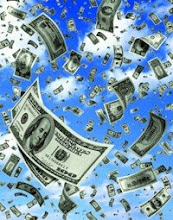
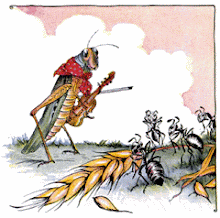








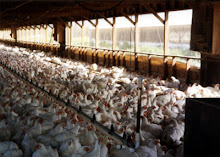




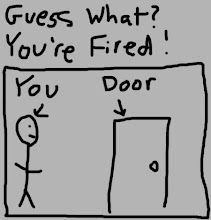
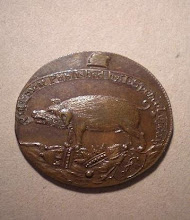









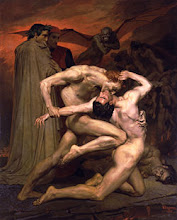_-_Dante_And_Virgil_In_Hell_(1850).jpg)



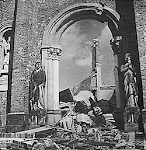











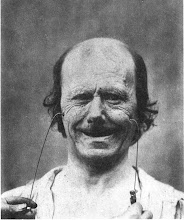
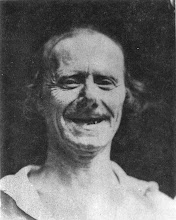


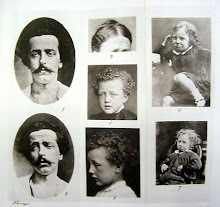





















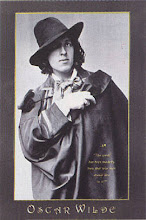
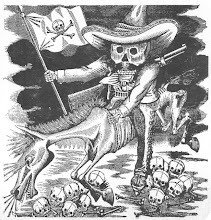












No comments:
Post a Comment